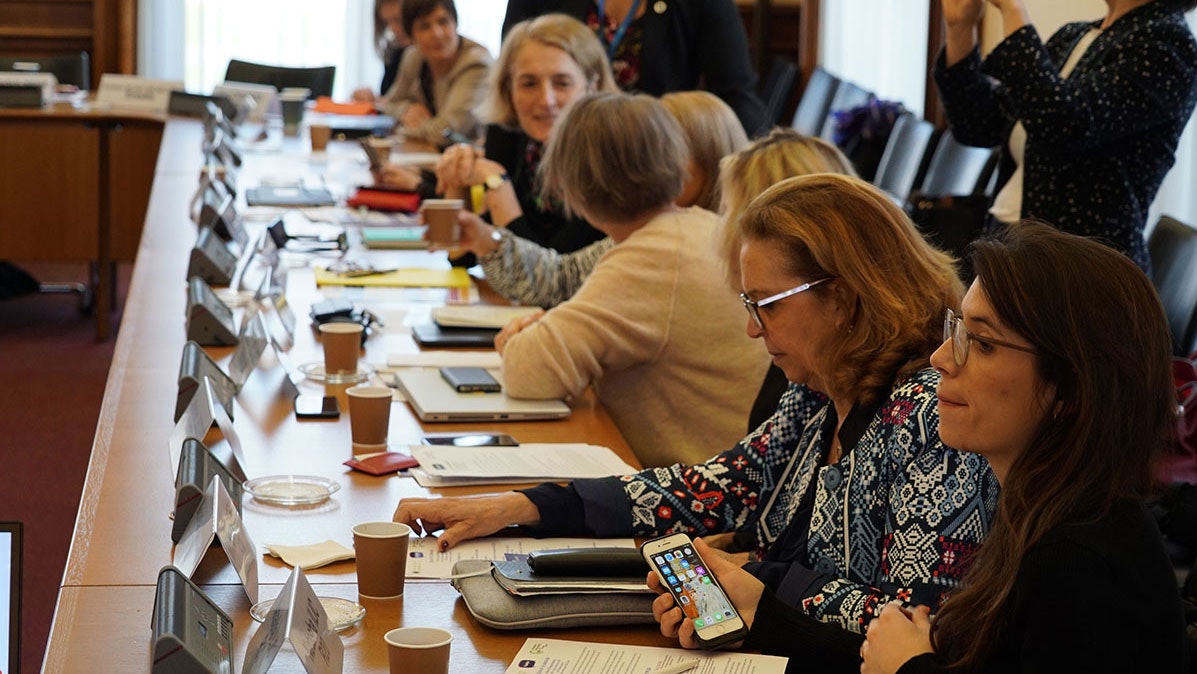IEA hosts industry dialogue to advance gender equality goals

Equal by 30 campaign seeks to close gap in women’s leadership and participation in the energy sector. (Photograph: IEA)
Equal by 30 campaign seeks to close gap in women’s leadership and participation in the energy sector. (Photograph: IEA)
Thank you for subscribing. You can unsubscribe at any time by clicking the link at the bottom of any IEA newsletter.